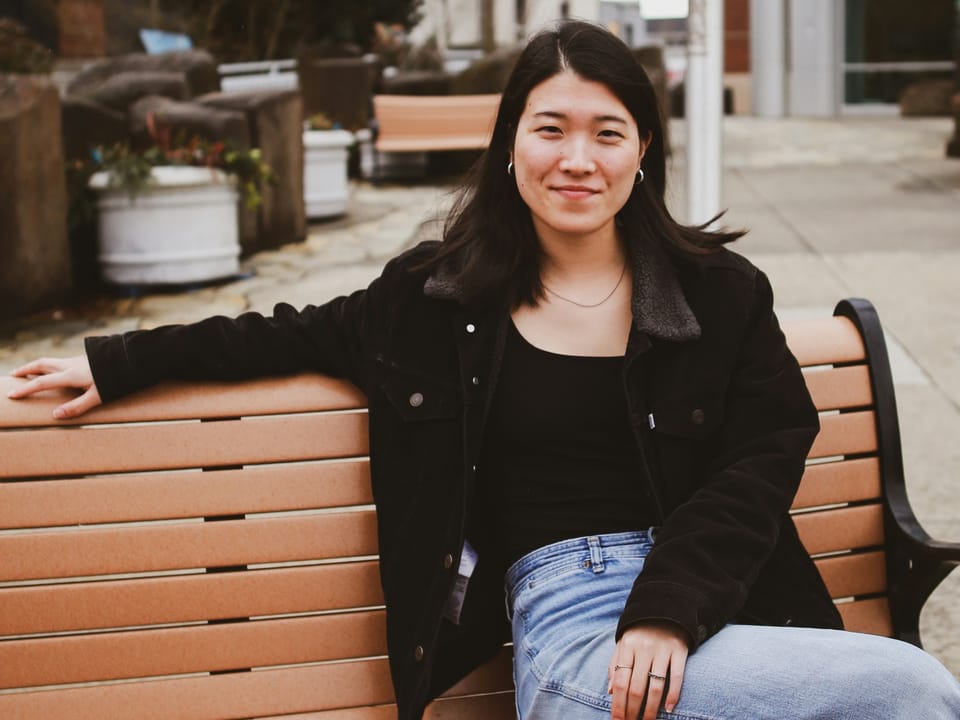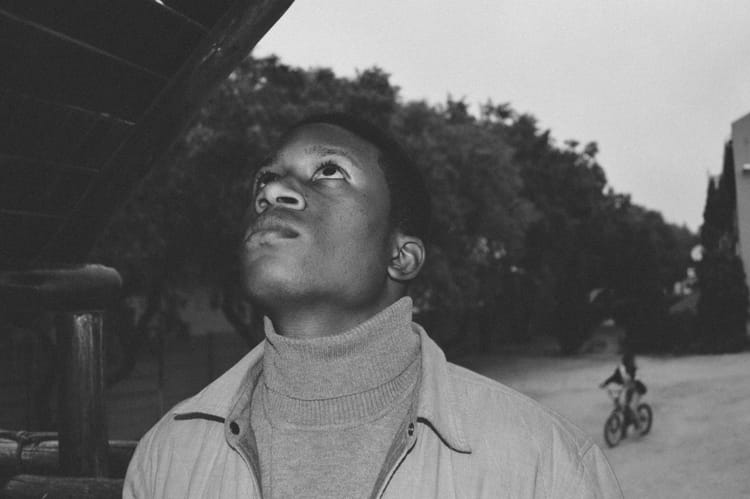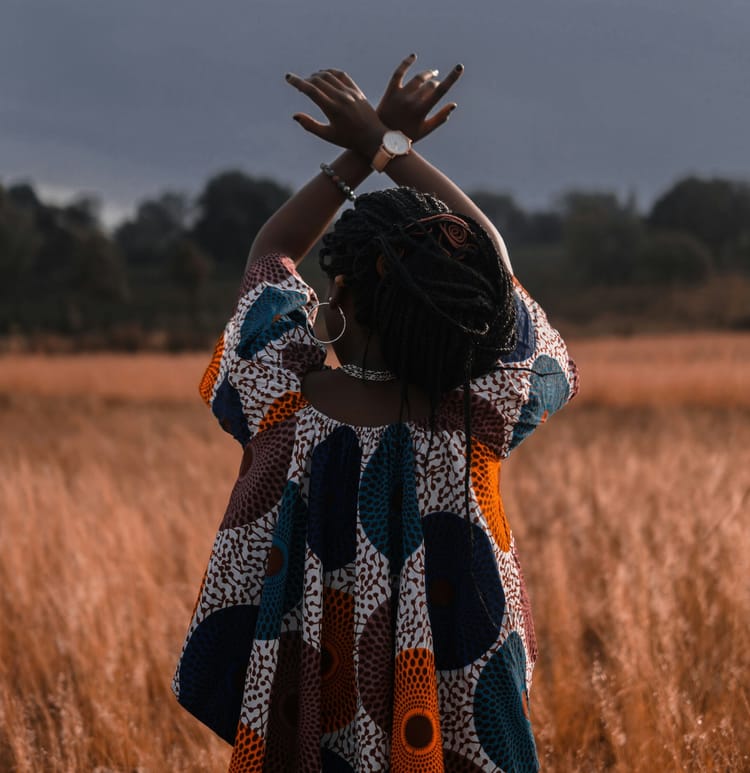How to Be a Villain Without Hating Yourself

When we decide to no longer be victims, we have to accept being the villain in somebody’s story.
Why? Mostly, because we start doing something we couldn’t do before. Say “no” and stand on it.
“No” to letting shit slide that we know harms us and the people we care about.
And “no” to stepping outside of our own values, sacrificing our wellbeing, purpose, peace, relationships - you name it.
If I have to sacrifice my internal alignment to say “yes”, my answer is “no”.
Of course, as a lot of TikTok commenters have pointed out to me, this tends to piss some people off.
Some people will find you disagreeable. Confrontational. Selfish. One of my personal favorites is “rigid.” But guess what they don’t call me? Guess what I don’t call myself?
Somebody’s victim.
When deciding to no longer be a victim, there is no question of whether or not you will become a villain in someone else’s eyes. You will.
My clients have helped me see just how deeply we struggle with this dilemma. How the terror over being someone’s villain is what keeps a lot of us stuck in a state of offering perpetual, harmful “yesses,” “maybes” and “almost no’s.” Even when we want - and need - to say no and stand on it.
But we hold out on the no like we’re waiting for a sweet deal. “I’ll say no, but only if no one will vilify me for it.”
Like we’re waiting for a guarantee that everyone we say “no” to will treat it as safe and okay.
Baby I am so sorry to be the bearer, but you’ll be waiting from your grave. That guarantee doesn’t exist. Especially for women and AFAB people.
What does exist, though, is decades of studies like this one, and this one, showing that predators avoid confident people in favor of “vulnerable targets”. In other words, they favor people who don’t look like they can hold a “no” in their bodies, let alone stand on their “no” and fight for it.
Your “no” is critical. It’s healthy and vital to hold it with your whole chest, even if somebody doesn’t understand it, doesn’t like you for it, and thinks you’re wrong for it.
Still, I get why we struggle with no. I get why people run the puzzle on repeat.
“How do I say no without being villainized?”
”How do I say no without them thinking I’m mean?”
“How do I say no without…”
We look for our freedom to say no in these questions, but we end up circling the drain, trapped in the indecision instead.
I have a different question that might offer you that freedom:




